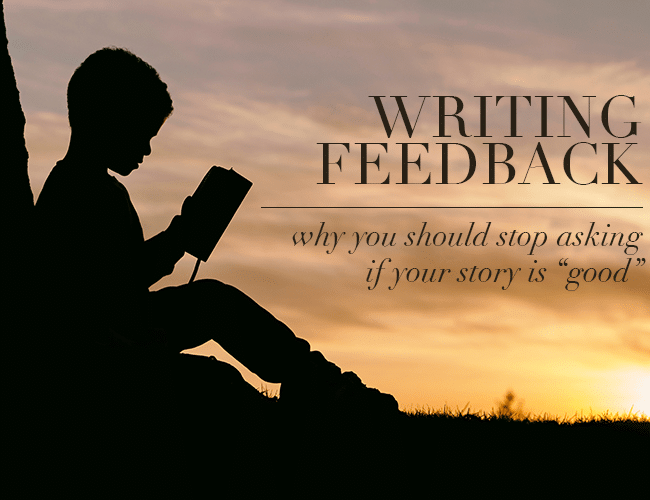
by David Safford |
We all know that feeling. You’ve been slaving over a story. You’re twitchy with caffeine. Your family hasn’t heard from you for hours, or even days.
But then you finish!
If you’re like most writers, you’re thrilled. You’ve just poured your heart and soul into this and you want some sweet affirmation after all your hard work.
So as you share your work, you ask a seemingly innocent question: “Is it good?”
This question may seem harmless enough. But this is a dangerous question, and if you want to become a better storyteller and write stories that actually ARE good, you need to stop asking if your work is “good” and pursue a much different route.
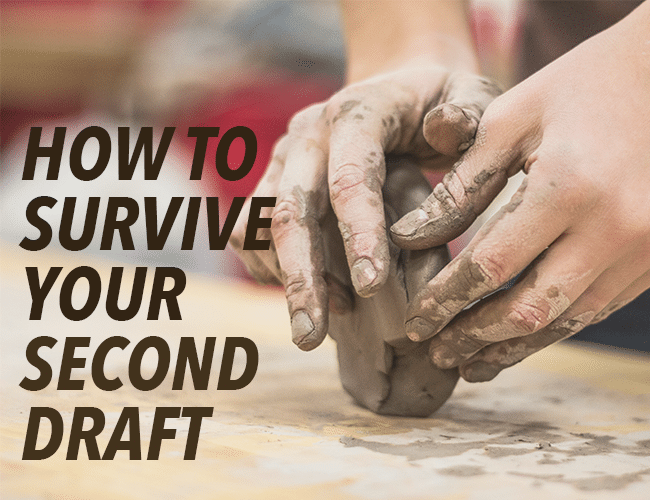
by Kellie McGann |
The next few months I’ve dedicated to finishing the book I’ve been working on for nearly two years. Inspired by Joe’s latest post, I’ve made the commitment to revise the second draft of my book.
I believe, though, the second draft is the hardest. Actually, it’s the worst. All the content of your book is sitting right in front of you like a huge slab of marble mined from your imagination, and you’re expected to take the formless hunk and turn it into Michelangelo’s David.
In finishing the second draft of three books and as I’m embarking on finishing this next one this fall, I’ve compiled these tips for the both of us. Here’s all I know about book editing and surviving the second draft.
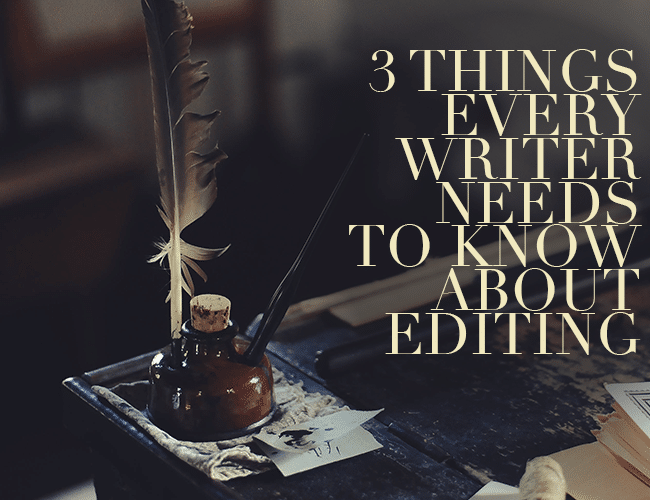
by Jeff Elkins |
In the short time that I’ve been a writer, I’ve learned a valuable secret that we writers don’t discuss often: a writer is only as good as his or her editors.
Receiving feedback and accepting criticism and edits isn’t easy. No one likes being told what they are doing wrong, especially when the thing being criticized is something we’ve poured our heart and soul into it. When I first started writing, I hated getting edits. Now I pursue edits and editors with vigor.
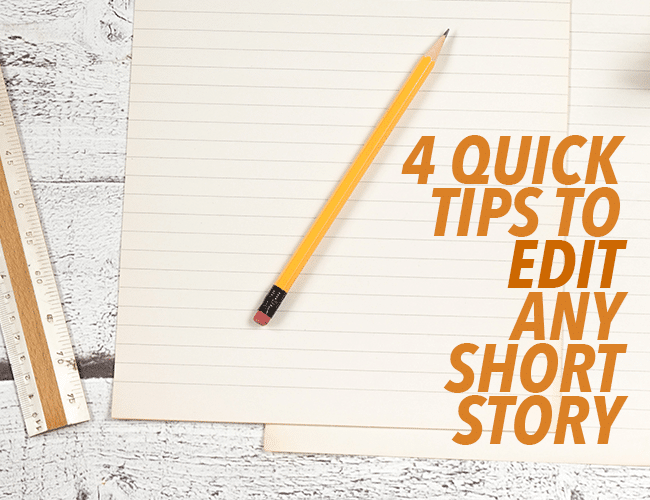
by Jeff Elkins |
As attention spans grow shorter, there is an increased demand for shorter stories.
I’ve noticed recently a lot of contests and submissions calling for stories under 3000 words. Writing a story this short is different than writing a novel or even a 10,000-word story. We need to get into the story, make a connection with the reader, and then wrap it up without wasting any time. It can feel strange for those of us used to writing larger pieces.
When you’re writing a very short story, editing is crucial.
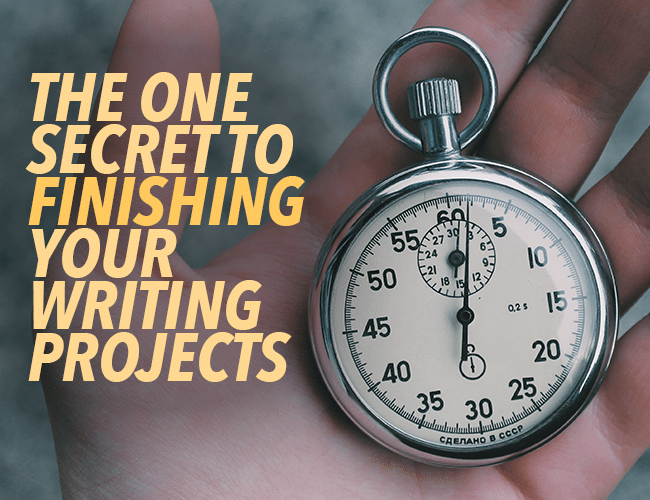
by Ruthanne Reid |
A funny thing happens when you move.
You start out carefully. Each glass is conscientiously wrapped in six pages of newspaper. Each collectible is cushioned and boxed as if interred, and each box Sharpied with item, location, and name. Then a few days into this, something strange happens: you realize it doesn’t matter.
To put it another way, when you’re running out of time, you no longer have the luxury of faffing around. That’s when you really get down to business.
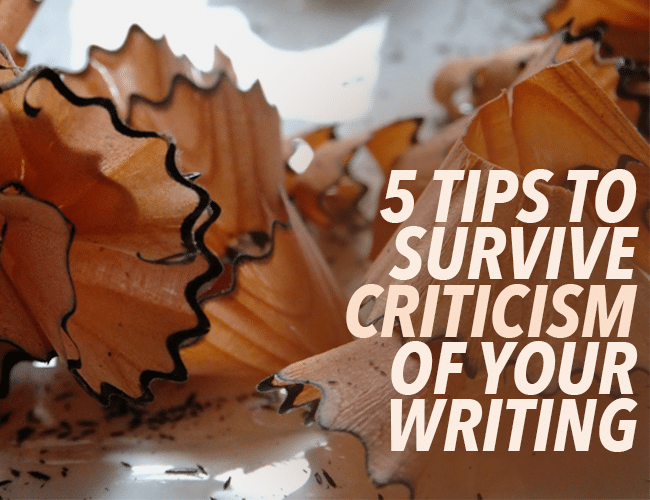
by Monica M. Clark |
A while back I attended a novel-writing workshop. Each week we read thirty pages from two students and spoke about them in depth during class, offering helpful feedback and criticism of their writing. After the second or third week, it became customary to ask whoever had been up for a critique “are you OK?” after class. Sometimes I saw tears. I myself felt overwhelmed by the amount of work I still had to do and my classmates’ brutal honesty.
We all know workshops and editing are crucial to the writing process. Writing criticism is essential. But man, that feedback can be hard to hear. Here five survival tips.





